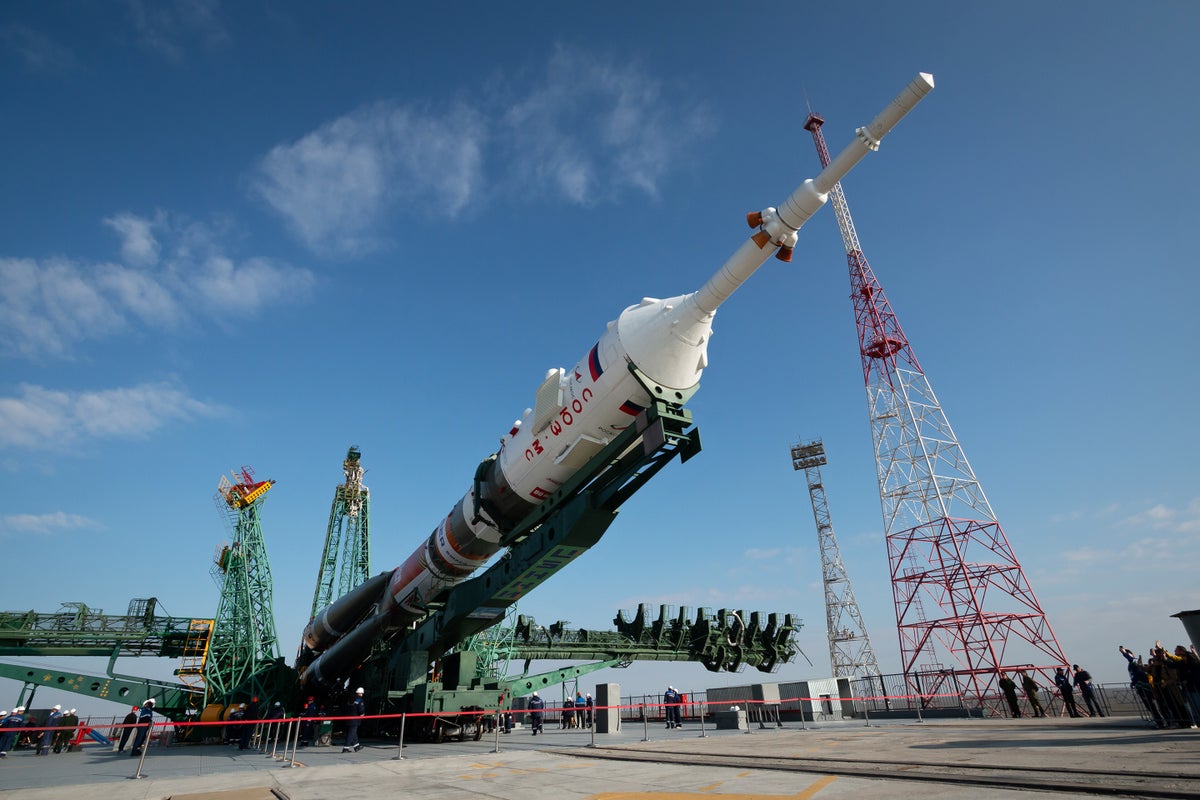Now Reading: Ukraine War Takes Toll on Russia’s Space Program
-
01
Ukraine War Takes Toll on Russia’s Space Program
Ukraine War Takes Toll on Russia’s Space Program

Quick Summary
- Donald Trump’s presidency showed a notably amiable stance toward Russia, contrasting prior administrations with leniency on sanctions and trade measures.
- NASA and Roscosmos continue collaboration through the International Space Station (ISS), recently extending their “seat barter” agreement for astronaut cross-flights until 2027.
- Despite cooperation on the ISS, wider collaboration in space science between the U.S. and Russia remains minimal due to geopolitical tensions associated with Russia’s invasion of Ukraine.
- Russia is advancing its lunar exploration program independently, planning seven missions targeting water-rich lunar poles while pursuing preparatory work for a future lunar station. Though, financial cuts and delays have hindered progress, pushing back key milestones such as crewed spacecraft launches to an uncertain timeline in the 2030s.
- Russia’s recent Luna-25 robotic moon mission failed after crashing during orbital maneuvers, showing technical difficulties amidst strained resources caused by international sanctions related to its war effort.
- Hopes for potential partnership persist; Russian scientists note Venus exploration as a possible area of renewed cooperation despite setbacks like ESA’s withdrawal from joint projects.
- Ancient reliance by U.S. industries on Russian RD-180 rocket engines ended in 2024 as American alternatives replaced them.
Indian Opinion Analysis
India’s growing ambitions in space exploration position it uniquely amid ongoing shifts within global scientific partnerships driven by geopolitical conflict,such as those highlighted between NASA and Roscosmos or ESA’s pivot away from Russian projects. As India’s own space program advances (e.g.,Chandrayaan missions),these developments underscore valuable lessons about fostering resilience under resource constraints-an issue currently testing both Roscosmos and its counterparts globally.
For India specifically, greater autonomy across launch vehicle technologies could be favorable given historic examples like America’s transition away from dependence on foreign-made engines (RD-180).Additionally, ongoing fragmentation within international collaborations offers India opportunities to assert leadership across neutral domains such as planetary research (e.g., venus studies) where competitive interest already mushrooms among global players such as China or NASA-led Artemis stakeholders.
Exploring collaborative paths outside customary cold war alliances-perhaps extending cooperative overtures toward marginalized programs-not only strengthens India’s diplomatic positioning but also broadens footholds into emerging knowledge pools relevant long-term sustainability alongside vital comparative gaps widening geopolitically elsewhere worldwide
























